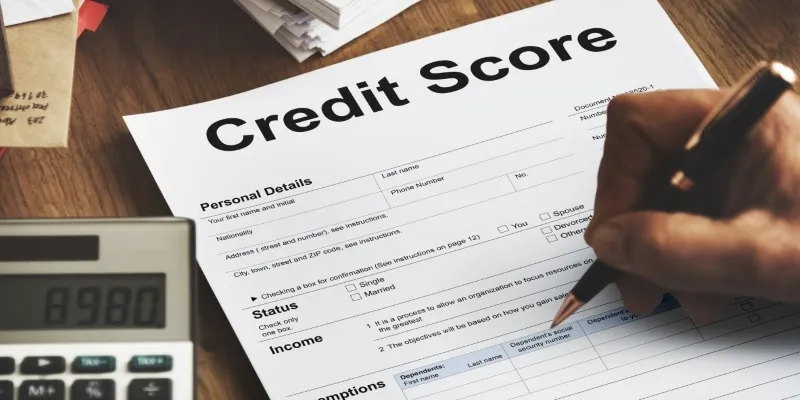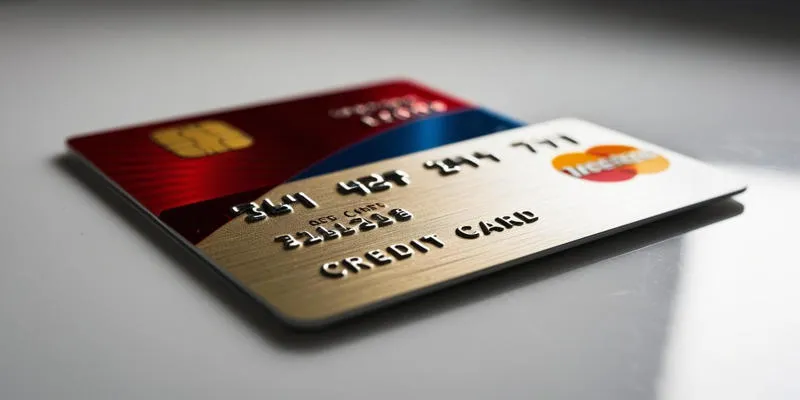How Will Getting a Store Card Affect My Credit
Your credit score is a crucial financial asset, influenced by every action or decision you make. If you’re wondering how applying for a store card will affect your credit score, you’re on the right track. In this article, we’ll explore what obtaining a store card could mean for your credit profile, examining both the positive and negative impacts. We will discuss key factors such as credit utilization, payment history, and credit mix.
What is a Store Card?

Store cards, also known as retail credit cards, are specialized credit cards issued by specific stores or department stores. Similar to regular credit cards, store cards are often usable only at the issuing store and its affiliates.
Key Features of Store Cards
Store cards typically offer enticing benefits for frequent shoppers, including:
- Special discounts on purchases
- Early access to sales events
- Special financing for big-ticket items
- Rewards points or cash back on store purchases
However, these benefits come at a cost. Store cards generally have higher interest rates than regular credit cards, often exceeding 25% APR.
How Store Cards Differ from Regular Credit Cards
Store cards share several features with other credit cards but differ in key ways:
- Limited Usability: Most store credit cards are usable only with the issuing retailer or affiliated stores.
- Easier Approval: Store cards often have more flexible credit criteria, making them easier to obtain than regular credit cards.
- Lower Credit Limits: Initial credit limits on store cards tend to be smaller than those on general-purpose credit cards.
How Does a Store Card Affect Your Credit Score?
Impact on Credit Utilization Ratio
All credit scoring models consider each store card as part of your credit utilization ratio—the percentage of credit you’ve used versus the total available. Opening a new card lowers your overall utilization ratio by increasing your credit availability. However, maintaining a high balance on such a card can raise the credit utilization ratio, potentially lowering your credit score.
New Credit Inquiries
Applying for a store card typically involves a hard inquiry on your credit report. While one inquiry may not significantly impact your score, multiple applications in a short period can reduce it. Be selective about which store cards you apply for, and avoid applying too frequently.
Length of Credit History
The average age of your accounts is another critical factor in credit scoring, which can be affected by store cards. For those new to credit, a store card may help establish credit history. However, retaining and responsibly managing the account will increase your credit history over time.
Payment History
Your payment history with a store card is reported to the credit bureau. Consistent, on-time payments can boost your credit score, whereas late or missed payments can harm it. Responsible management of your store card is essential for maintaining a positive payment history.
The Pros and Cons of Getting a Store Card

Advantages of Store Cards
Store cards can offer significant benefits for frequent shoppers. Many retailers provide exclusive discounts, early access to sales, or cash-back rewards for cardholders. These perks can lead to substantial savings if you regularly shop at a particular store. Additionally, store cards often have more relaxed approval requirements, making them accessible to those with limited or no credit history.
Potential Drawbacks to Consider
Store cards come with some disadvantages. Higher interest rates make carrying a balance a potentially costly form of debt. Credit limits are usually lower, which could result in a higher credit utilization ratio, negatively impacting your credit score. Additionally, the temptation to overspend at a specific retailer could lead to budget issues.
Impact on Your Credit Score
Whether a store card helps or hurts your credit score depends on how you manage it. Adding a store card can diversify your credit mix and increase your total available credit, which can lower your credit utilization ratio. However, a hard inquiry and a new account may temporarily lower your score. Maintaining responsible use through timely payments and a low balance is crucial for a positive impact on your credit profile.
Alternatives to Store Cards for Building Credit
Secured Credit Cards
Secured credit cards are a good alternative to store cards for building credit without some of the potential downsides. They typically require a cash deposit, which serves as your credit limit. This reduces the issuer’s risk and makes the cards more accessible to individuals with limited or poor credit histories. Responsible use and timely payments with secured cards can help improve your credit score over time.
Credit-Builder Loans
Credit-builder loans are another viable option. Unlike traditional loans, you receive the funds after making payments. You deposit money into a savings account monthly, and these payments are reported to a credit bureau. Once the loan term ends, you receive the total amount paid. This approach combines saving with building a positive payment history.
Becoming an Authorized User
Becoming an authorized user on a relative’s or friend’s credit card account can also help build credit. The primary cardholder’s positive payment history can reflect on your credit report, potentially boosting your score. Choose someone with responsible credit management to avoid negative impacts on your credit.
Conclusion
In conclusion, getting a store card can have both positive and negative effects on your credit score. While the initial impact may lower your score due to a hard inquiry and reduced average account age, responsible use can improve your credit over time. Carefully consider your financial situation and spending habits before applying for a store card.




